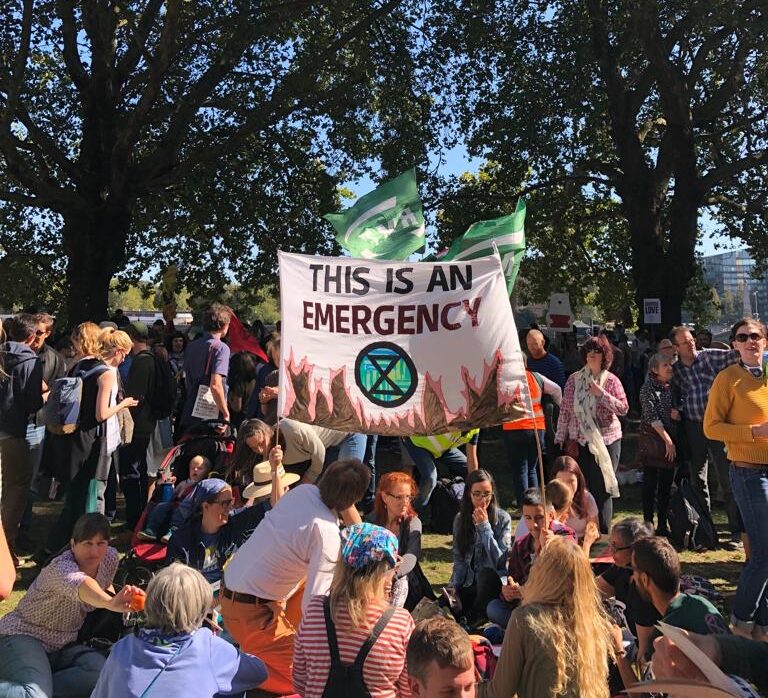How can funders avoid perpetuating unhealthy power dynamics?
Blog originally published in 2022 via The Social Change Agency. Written by CEO Esther Foreman.
At the centre of any movement tends to lie a network of leaders.
Leaders who organise, support, recruit and build; leaders doing the mundane and remarkable work which gets a movement off the ground.
Yet, it is at this beginning stage where we are most vulnerable to being knocking ourselves off course. When we create, we unconsciously follow patterns that reflect pre-existing systems in our lives. Unavoidably we often recreate these patterns buried deep in our brains and our cultures. In the early stages of groups, we tend to naturally repeat dynamics and prejudices of our wider society, especially if they are unexamined.
I know this to be true after spending years studying social systems as an anthropologist, and later witnessing this play out in business startups, work cultures, social movements and religious cults.
In organisations that have been around for years, as a culture becomes formalised, boundaries are put in place to help mediate the effects on individuals. Think about an HR department, a trustee board, or a set of organisational values. All are designed to help regulate the complexity, conflict and challenge of working together.
In fledgling groups, these boundaries are not yet drawn. This isn’t necessarily a bad thing. The freedom to innovate and act without the restriction of rules can be a goddess-send. Choose Love, our report on the meteoric growth of Help Refugees, showed how they were able to scale more rapidly, mobilise more quickly and be more reactive to external circumstances than established (or establishment) bodies in the same space.
But an absence of rules and boundaries can also present great risks. I’ve seen the dark side. For my PhD research, I spent 3 years inside a cult studying the impact of narcissistic leadership on the lives of those who were in it. A lack of accountability enabled a dangerous culture to emerge. Destructive patterns proliferated, these were reflections of dynamics that enabled the cult to emerge in the first place. Witnessing this extreme was a powerful example of a movement gone very wrong that has never left me.
In the years since, I have worked within all kinds of networks, volunteer-led and activist movements. I’ve noticed that within groups of people there will always be healthy and unhealthy conflicts. Shadows of the systems they are working to challenge will be at play. It is at their fledgeling ‘in-between’ stage, without accountability and structure that movements are particularly at danger of unhealthy dynamics seeping into their DNA.
The challenge is how to work with people in this in-between state in a way that simultaneously allows for structures that guard against unhealthy power dynamics to be built, but does not squash creativity, vision and passion.
In my experience, the two things that help to safely navigate this stage are the un-glamorous and un-sung queens of social change: admin and governance.
Both provide structures that create transparency and accountability. That’s why they make up the cornerstone of Nest, our acceleration and incubation process for social movements and networks.
On the subject of governance, you might ask: who makes decisions? How do we decide what decisions need to be made? Are decisions made by consensus, majority or consent? How does someone get removed from decision making? What happens when someone doesn’t like the decision? How are the rules enforced? Who has the power to enforce the boundaries?
In terms of admin, you might ask: where do the meetings happen? Who takes the minutes? Where is the data stored? Who has access? Who has ultimate responsibility for safeguarding? Where can complaints go? Who holds the records?
Collaboratively and transparently discussed, the answers to these questions can create safe temporary structures that guard against damaging influences and allow our fledgling group of movement leaders to get on with all the mundane and remarkable work of getting a movement going.
- Blogs
Stay up to date with us
Sign up to The Social Change Nest newsletter

